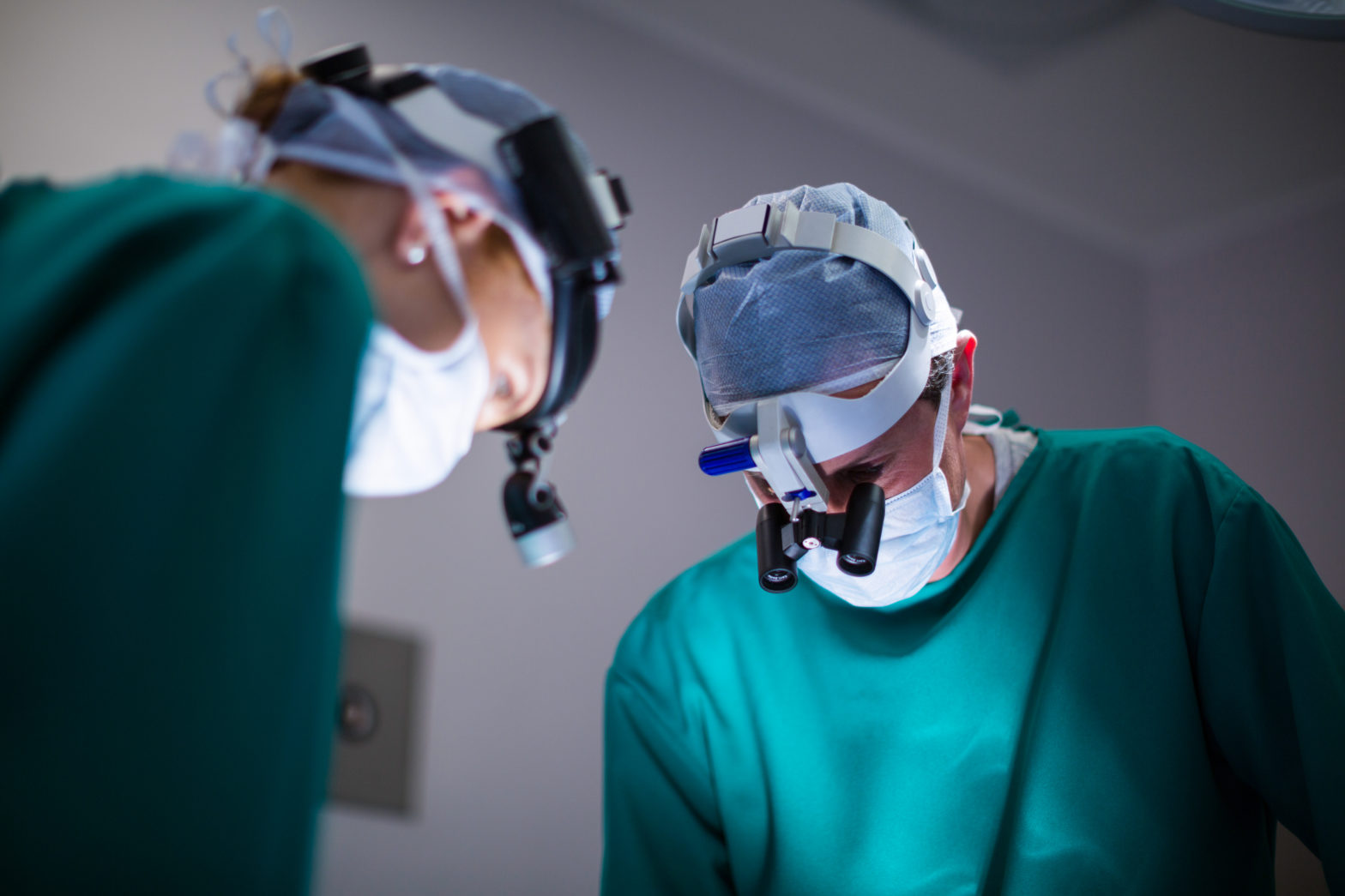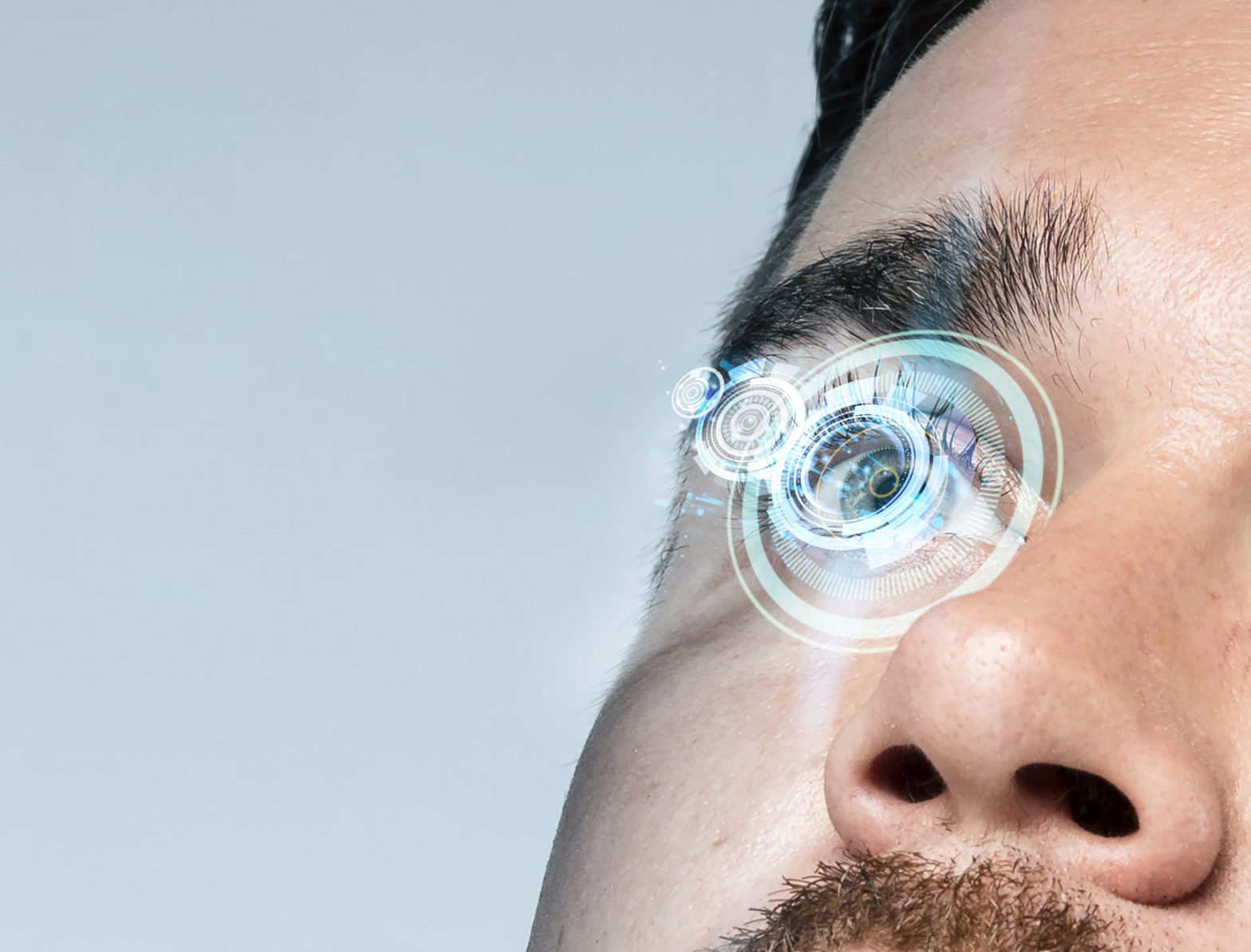Have you ever experienced fleeting moments where everything around you appears dimmed due to a veil over your sight? This can be a sign of retrobulbar neuritis. It is an inflammatory condition that affects the optic nerve behind the eye. Unlike optic neuritis, which occurs within the eye, retrobulbar neuritis impacts the optic nerve’s function, causing visual disturbances.
As you read this blog, you will get to know about the impact on vision, causes, diagnosis, treatment and management strategies of retrobulbar neuritis.
Unveiling the Causes of Retrobulbar Neuritis
Certain conditions trigger retrobulbar optic neuritis. Here are some of its causes:
- Autoimmune disorders like multiple sclerosis are common triggers for retrobulbar optic neuritis.
- Viral infections and optic nerve-related inflammations can also incite this condition.
The Impact of Retrobulbar Optic Neuritis on Your Vision
Since retrobulbar optic neuritis causes inflammation at the back of your eyes, it marks the following significant impact on your vision:
- Visual disruptions range from blurred vision to partial or complete vision loss in one eye.
- Colour perception may also be affected, leading to a temporary but impactful alteration in how you perceive the world.
- The inflammation hampers the optic nerve’s ability to transmit visual signals, creating moments of uncertainty and visual distortion.
Diagnosing the Condition
When you reach your doctor, they evaluate your eye condition and past medical records for accurate treatment. Here is the process of diagnosing the causes of retrobulbar neuritis:
- Thorough eye examinations, visual acuity tests, and imaging studies such as MRI scans aid in confirming retrobulbar neuritis.
- Doctors may conduct ophthalmoscopy to analyse the structures at the back of your eye. This helps the professionals to analyse the optic disk to look for any abnormalities.
- These diagnostic tools and techniques provide insights into the extent of inflammation and the condition’s impact on vision.
Treatment and Management Strategies
Usually, the treatment or the consequences depend on the causes of retrobulbar neuritis. Your eye care specialist may recommend the following treatment options:
- Corticosteroids serve as a primary treatment to alleviate inflammation and restore visual function.
- Managing underlying conditions, particularly autoimmune disorders, is crucial for preventing recurring retrobulbar neuritis and preserving vision.
- Adopting a holistic approach involving medication, lifestyle adjustments, and regular follow-ups assists in managing and mitigating the impact of retrobulbar optic neuritis.
How Does Retrobulbar Neuritis Affect Your Daily Life?
A minor inconvenience in our eyes feels irritating. If you observe retrobulbar neuritis symptoms, here is how it impacts your daily life:
- Coping with visual disruptions can impact daily activities, such as driving or reading, prompting the need for adaptations.
- Temporary visual impairments may evoke feelings of frustration and uncertainty, but understanding the condition helps in coping and adapting.
- Support from healthcare professionals and loved ones becomes pivotal in coping with these challenges.
The Road to Recovery and Prognosis
- Many individuals experience gradual vision recovery with proper treatment within weeks to months.
- However, some residual visual disturbances might persist, necessitating ongoing management and adaptation.
- Embracing adaptive strategies and seeking support facilitate a smoother transition toward recovery and adjustment.
Tips to Prevent Retrobulbar Neuritis
Identifying the causes of retrobulbar neuritis and preventing it involves a focus on overall health and minimising potential triggers. Here are some tips to avoid retrobulbar neuritis symptoms:
-
Maintain a Healthy Lifestyle:
Eat a balanced diet, exercise regularly, and manage stress to strengthen your immune system. It potentially reduces the risk of infections and autoimmune responses.
-
Eye Health Check-ups:
Regular eye exams can help detect any early signs of optic nerve inflammation or related conditions, allowing for timely intervention.
-
Avoid Smoking:
Smoking is linked to various health issues, including optic nerve damage. Quitting or avoiding smoking can lower the risk of optic nerve-related problems.
-
Protective Measures:
When possible, protect your eyes from potential injuries in high-risk environments by wearing safety goggles or appropriate eye protection.
-
Monitor Systemic Health:
For individuals with conditions like multiple sclerosis or other autoimmune diseases associated with Retrobulbar Neuritis, regular monitoring and adherence to prescribed treatments are crucial to managing the condition and potentially reducing flare-ups.
Retrobulbar neuritis, though imposing temporary visual disruptions, can impact your routine life. Understanding its impact, seeking timely intervention, and embracing adaptive strategies can allow you to recover faster without your vision ability. For professional guidance and support to protect your vision, you can visit us at Dr Agarwals Eye Hospital. Housing a team of veteran experts, we deliver world-class facilities for treating your different eye conditions. We believe in providing customised care to help safeguard your precious eyesight.
Avoid waiting longer; visit Dr Agarwals Eye Hospital today for comprehensive eye care solutions!








